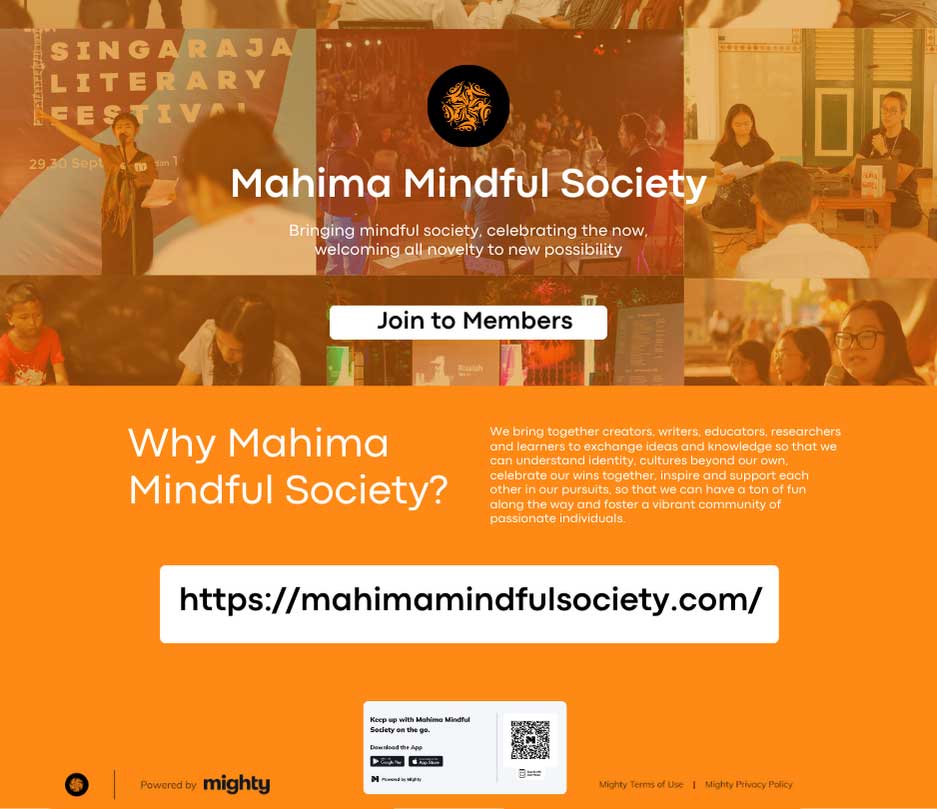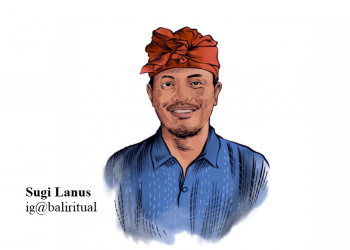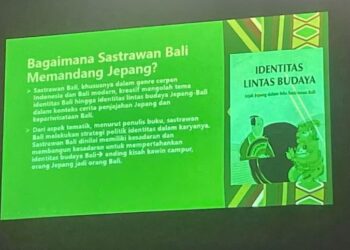When you spend a lot of time sky gazing in the evening, you will start to have a certain appreciation for birds. Afterall, they’re effortlessly doing the one thing humankind has been dreaming of; Flying. For years and generations, birds have been the symbol for freedom simply because of their abilities to just fly anywhere. Though it’s probably not easy for them either. Birds are anatomically built for flying, but it takes a lot of effort, especially when migrating somewhere far.
If a flock wants to go fast they just have to ride the wind and flap their wings tirelessly, keeping it at a certain shape and angle so it stays aerodynamic. When they get tired, they could just soar and let the wind hold them up even though it slows them down. Sometimes the wind is not on their side, they have to reroute and fly around the wind. If the wind gets too violent, the birds fly low to the ground and face towards the wind so as to not lose temperature; in case the wind messes up their protective feather. Seems like tough work for freedom, but they bounce back from the wind every time, like a superpower.
Humans are also equipped with a similar superpower. Technically it doesn’t give our kind freedom like flying per se, but rather freedom from potentially negative effects from any source of stress. First of all, humans weren’t exactly born with this power so it’s something we have to learn throughout our lifetime. What we were born with was a capacity to feel emotions through experiences, both internal and external. Within our early stages of life, it may seem like our range of emotion is more narrow than that of an adult. That is not the case, a child has the same emotional capacity as an adult. However, a child is not yet fluent in addressing the experiences they went through and how it made them feel. That’s why it may seem like children have less capacity to feel emotion and understand it’s depth.
As we grow older, we are faced with thousands of thoughts, millions of choices, countless problems, and plenty more experiences to learn from each day. We also learn to listen, relate, be sympathetic towards others, and almost experience their stories as they tell it. Everything also became more complex, it’s never just about apple juice and midday naps anymore. The wind seemingly grew more violent as we grew older, it became more difficult than just flapping our wings and soaring through the sky.
Only from those outbursts of violent winds can we use our superpower. This superpower is called resilience. It allows us to cope, bounce back, resolve, and come out of it as a strong hero for ourselves. Resilience still doesn’t have a widely acceptable definition, even some translations of the word will have different meanings. Because the concept of resilience is a mental ability to cope with a stressor that could have a significant harmful effect, but somehow still protect your inherent self to be able to move on. People cope differently, not always in a calm manner and still bounce back stronger. That’s why it’s hard to agree upon a single definition of the word, simply because it’s more than just a word.
We can learn to face the difficult parts of life and exhibit our resilience. Start off by explaining the violent wind and making it comprehensible for ourselves. Addressing the negative emotions it elicits and processing it with a positive self-talk. That way we can see the difficult challenge as something that’s within our capacity. Then we focus on what’s manageable, really think of what is within our control and what is beyond. Like a bird who knew they couldn’t fly against a strong wind so they get closer to the ground and do what they can to get through it, without minding much about why they can’t control the weather. Until the wind passes by, we do what is within our control and regulations.
Maintaining a hopeful outlook also helps with the next step, which is to explain to ourselves the meaningful parts after coming out of a difficult experience. This is the part where we reflect on how the difficulties affect us, how we learn from it, what we learn from it, our goal on how we’re going to apply these lessons moving forward, and what new perspective it brings to our horizon. This part is crucial so we can move forward from the issue and not leave things unaddressed, most importantly to ourselves.
Through resilience, we’re enriching our internal index of emotional capacity. Having a library inside our mind of all the things we’ve been through, what we’ve learned, what we felt. This mental process called resilience is a buildable superpower. The more we use our power, the easier for us to address our emotion as soon as it’s there. We can express it without having to go through emotional constipation. No matter how strong the wind is, we can always rely on ourselves to go through it and have the confidence to bounce back. Surely with this superpower we’re no longer trapped in fear of flying against the wind. [T]





















![Kampusku Sarang Hantu [1]: Ruang Kuliah 13 yang Mencekam](https://tatkala.co/wp-content/uploads/2025/01/chusmeru.-cover-cerita-misteri-120x86.jpg)











